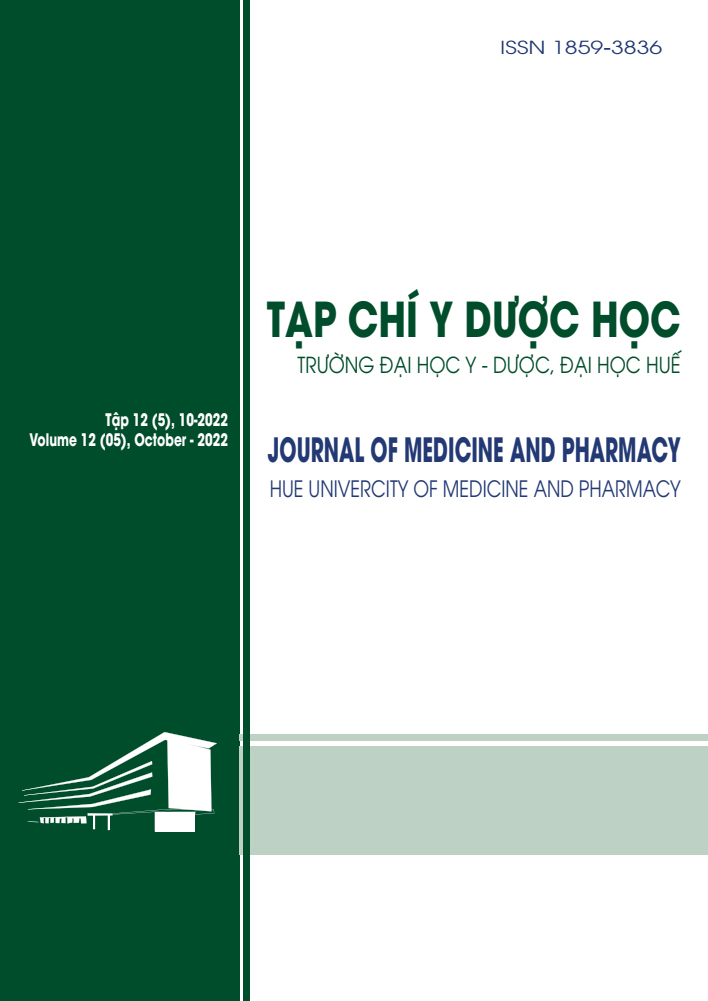
Tạp chí Y Dược học - Tập 12 (07) năm 2022
Phan Thi Hang Giang, Le Ba Hua, Phan Ngoc Dan Thanh, Nguyen Thi Huyen, Tran Long Anh, Tran Thi Bich Ngoc, Truong Thi Bich Phuong, Nguyen Thi Phuoc, Phan Thi Minh Phuong
2022 - Tập 12 (07), trang 7
Phan Thi Hang Giang, Le Ba Hua, Phan Ngoc Dan Thanh, Nguyen Thi Huyen, Tran Long Anh, Tran Thi Bich Ngoc, Truong Thi Bich Phuong, Nguyen Thi Phuoc, Phan Thi Minh Phuong. (2022). The role of Hepatitis B Core Antibody: Significance and Clinical practice. Tạp chí Y Dược học, , 7. DOI: 10.34071/jmp.2022.7.1




Tạp chí Y Dược học thuộc Trường Đại học Y Dược- Đại học Huế được phép hoạt động báo chí theo giấy phép số 1720/GP-BTTTT ngày 15 tháng 11 năm 2010 và được Bộ Khoa học – Công nghệ cấp mã số ISSN 1859-3836 theo Quyết định số 009/TTKHCN-ISSN ngày 22 tháng 03 năm 2011
tcydhue@huemed-univ.edu.vn
0234-3824663
© 2010-2023
Tạp chí Y Dược học .
Cơ quan chủ quản: Trường Đại học Y-Dược Huế
Giấy phép xuất bản bản in số 1720/GP-BTTTT ngày 15/11/2010 của Bộ Thông tin và Truyền thông